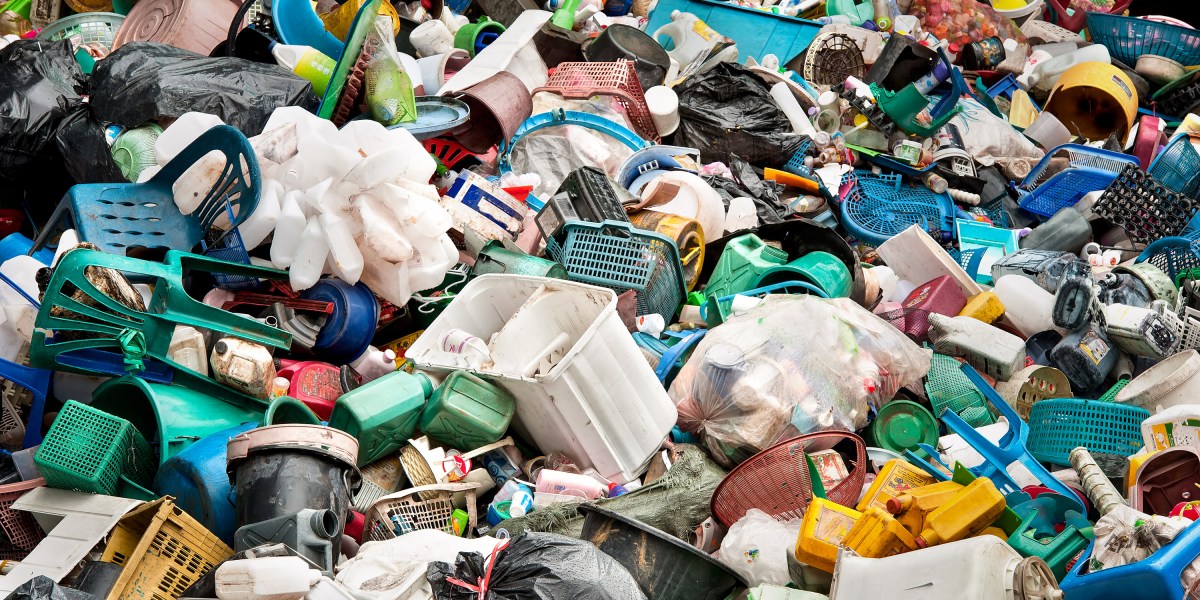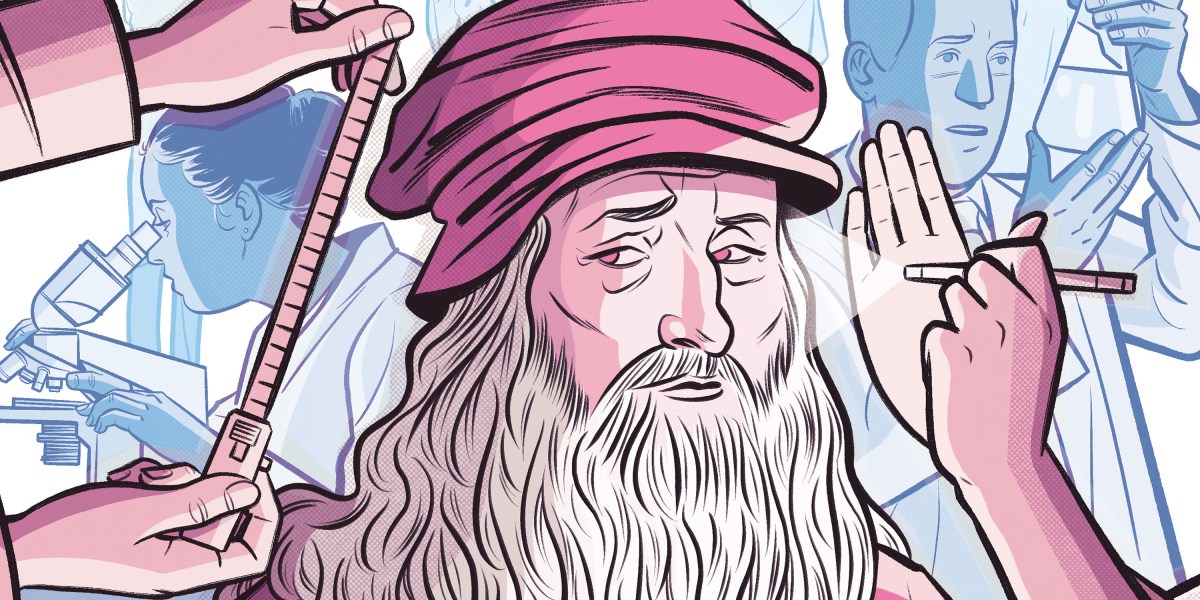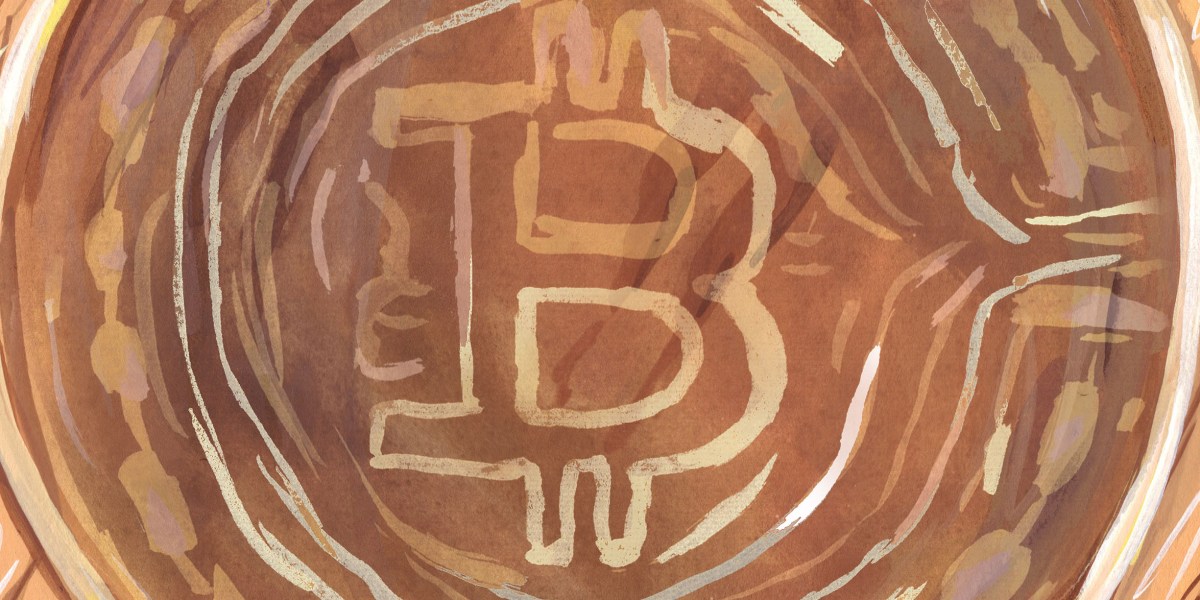But there are a few challenges with this process that I see a lot in recycling methods. First, reaching a large industrial scale would be difficult—as one researcher that Sarah spoke to pointed out, the solvent used in the process is expensive and tough to recover after it’s used.
Recycling methods also often wind up degrading the product in some way, a tricky problem to solve. This is a major drawback to traditional mechanical recycling as well—often, recycled plastic isn’t quite as strong or durable as the fresh stuff. In the case of this study, the problem isn’t actually with the plastic, but with the other materials that researchers are trying to preserve.
The beginning of the textile recycling process involves shredding the clothing into fine pieces to allow the chemicals to seep in and do their work breaking down the plastic. That chops up the cotton fibers too, rendering them too short to be spun into new yarn. So instead of a new T-shirt, the cotton from this process might be broken down and used as something else, like biofuel.
There’s potential for future improvement—the researchers tried to change up their method to disassemble the fabrics in a way that would preserve longer cotton fibers, but the reported research suggests it doesn’t work well with the chemical process so far.
This story got me thinking about a recent feature from ProPublica, where Lisa Song took a look at the reality of commercial advanced recycling today. She focused on pyrolysis, which uses heat to break down plastic into its building blocks. As she outlines in the story, while the industry pitches these new methods as a solution to our plastics crisis, the reality of the technology today is far from the ideal we imagine.
Most new recycling methods are still in development, and it’s really difficult to recover useful materials at high rates in a way that makes it possible to use them again. Doing all that at a scale large enough to even make a dent in our plastics problem is a massive challenge.
Just something to keep in mind the next time you see those little arrows.
Related reading
Read Sarah’s full story on efforts to recycle mixed textiles here.




